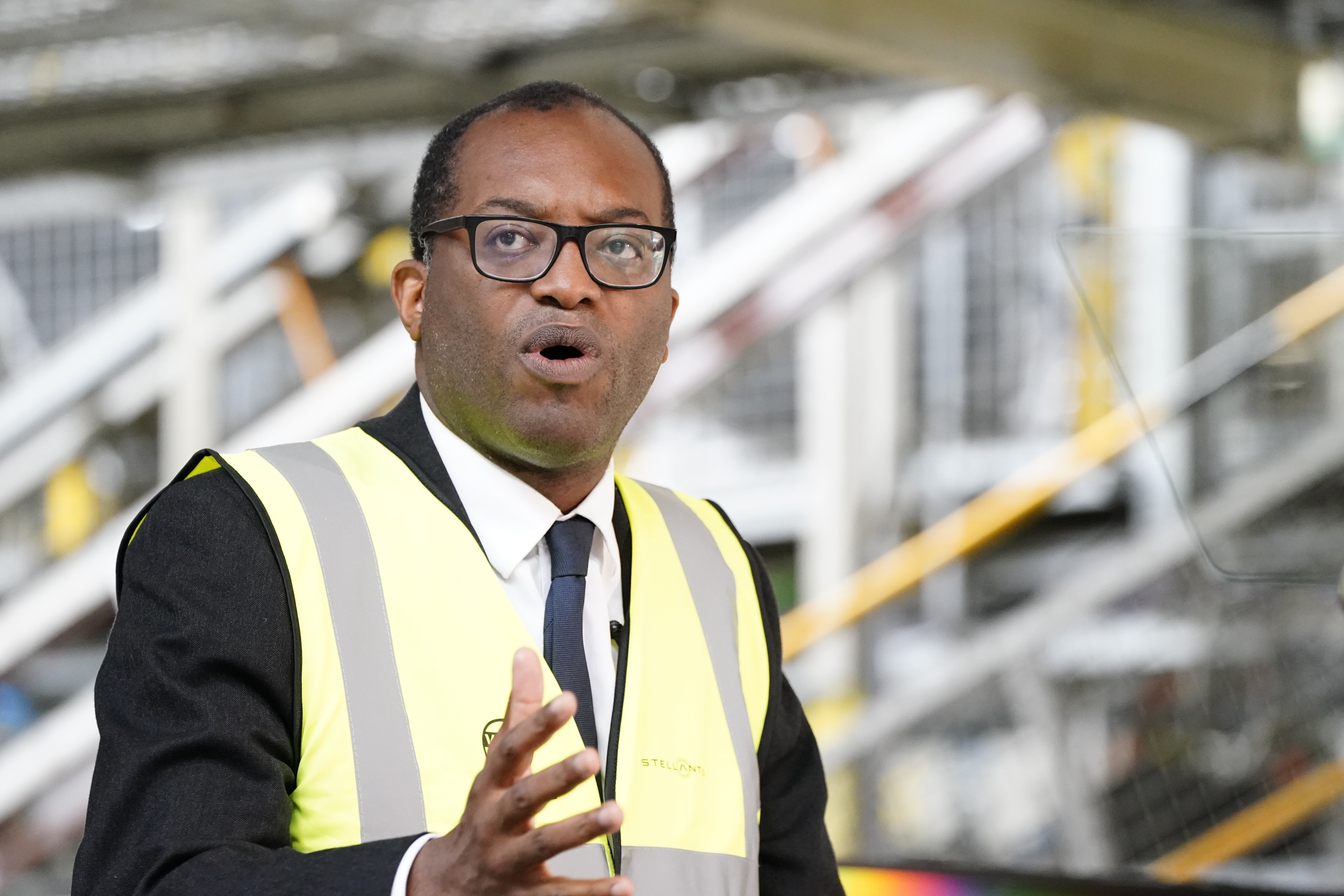Government should slow down plans to overhaul auditors – IoD says
The Institute of Directors want plans for companies to use two auditors to be tested further before being rolled out under Government plans.

Your support helps us to tell the story
From reproductive rights to climate change to Big Tech, The Independent is on the ground when the story is developing. Whether it's investigating the financials of Elon Musk's pro-Trump PAC or producing our latest documentary, 'The A Word', which shines a light on the American women fighting for reproductive rights, we know how important it is to parse out the facts from the messaging.
At such a critical moment in US history, we need reporters on the ground. Your donation allows us to keep sending journalists to speak to both sides of the story.
The Independent is trusted by Americans across the entire political spectrum. And unlike many other quality news outlets, we choose not to lock Americans out of our reporting and analysis with paywalls. We believe quality journalism should be available to everyone, paid for by those who can afford it.
Your support makes all the difference.The Government should take a more cautious approach in its plans to overhaul the way companies are audited, according to the Institute of Directors (IoD).
The business group said in its response to a Government white paper looking to break up the dominance of the Big Four accountancy firms – Deloitte PwC KPMG and EY – that plans for shared audits should be tested further.
Dr Roger Barker, director of policy and corporate governance at the IoD said: “We support the desire of the Government to address recent failings in audit and governance.
“However, as firms look to focus on recovery as we come out of the pandemic, we feel that it is right that the proposals are phased in over a longer period of time than currently envisaged.
“We are particularly worried about the willingness and capacity of smaller challenger audit firms to take on major audits in partnership with the Big Four.
“This is a step into the unknown, and the concept needs to be properly tested before it is rolled out.”
Under the rules proposed by the Government, large companies would be required to use smaller auditor firms to conduct part of their annual audit once an audit comes up for tender.
Current rules say a tender must take place every 10 years, with a change in auditor at least every 20 years.
The Big Four could also face a cap on the number of companies on the FTSE 350 if improvements are not made.
The Government said last year almost a third of audits inspected on the FTSE 350 were in need of improvement as it aims to avoid auditing scandals around the collapses of Thomas Cook, Carillion and BHS.
Bosses at the IoD also cautioned over plans to replace the accountancy watchdog, the Financial Reporting Council (FRC) with a new organisation, the Audit, Reporting and Governance Authority (Arga).
The new watchdog is expected to have legal powers to force auditors and companies to resubmit their accounts without the need for court action.
But Dr Barker said: “Whilst we welcome the creation of ARGA, it must not cross the line into becoming a fully-fledged prudential regulator as established in the banking and financial sector.
“Finding the right balance between maintaining high standards of corporate behaviour whilst at the same time permitting longer-term market forces to operate will be a key judgement for the ARGA leadership.”
The IoD welcomed plans for a new standard on professionalism among directors, but insisted it should not be a “box ticking” exercise and should be based on a qualification similar to those of a Chartered Director.
Business Secretary Kwasi Kwarteng launched the White Paper in March to tackle with plans to improve corporate governance.
He said at the time: “Restoring business confidence, but also people’s confidence in business, is crucial to repairing our economy and building back better from the pandemic.
“When big companies go bust, the effects are felt far and wide with job losses and the British taxpayer picking up the tab.”